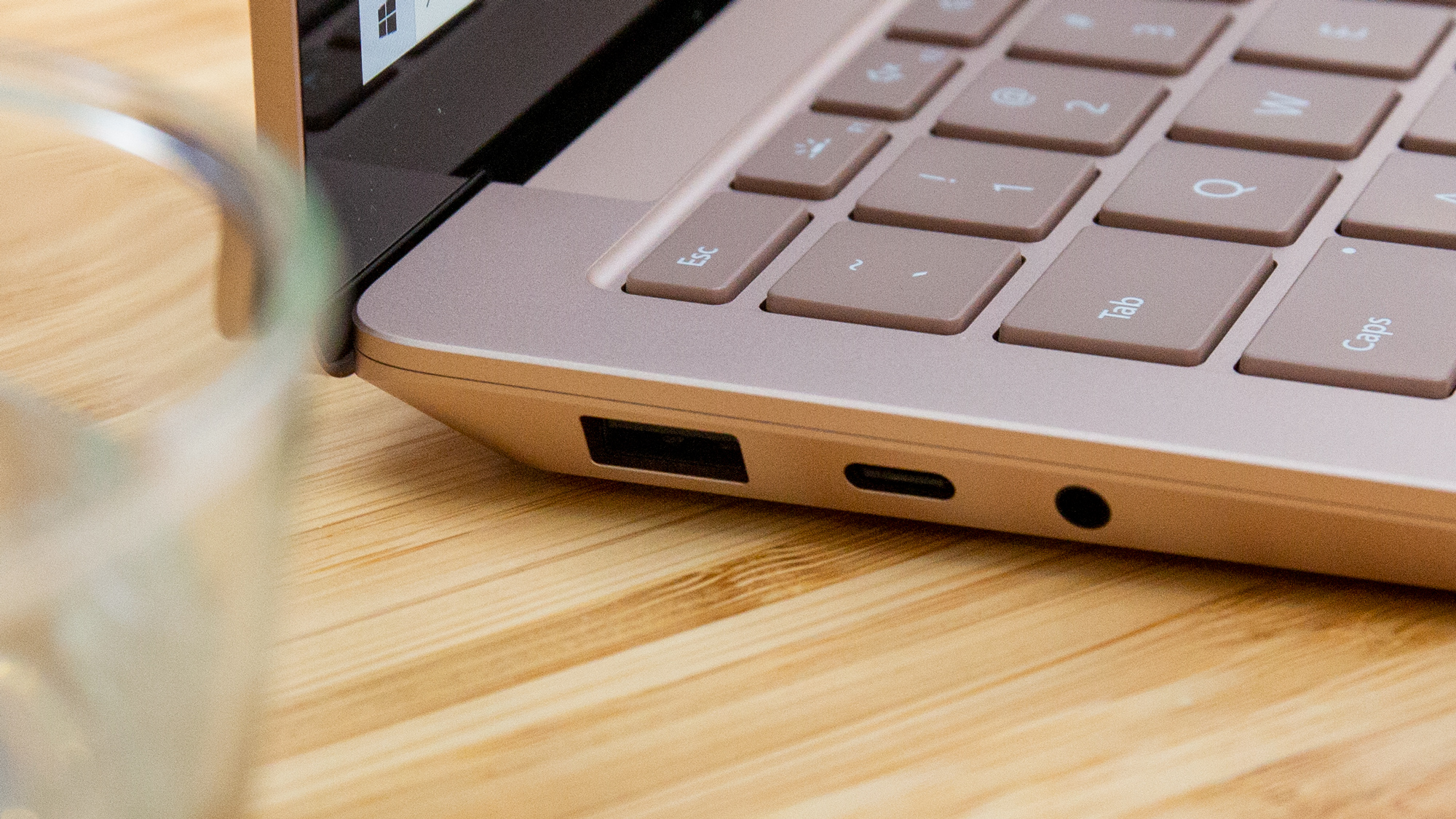Microsoft Surface laptops ditched Thunderbolt 3, upgradable RAM for this bizarre reason [Updated]
We are as concerned and confused as you are

Sign up to receive The Snapshot, a free special dispatch from Laptop Mag, in your inbox.
You are now subscribed
Your newsletter sign-up was successful
Update April 28: The Verge verified that the presentation is indeed from Microsoft and that the speaker is a Surface technology specialist working at the company for more than 10 years.
It was a long time coming before Microsoft finally adapted USB Type-C ports into its Surface portfolio, and now the people want some Thunderbolt 3 action. However, according to a leaked presentation, Microsoft refuses to put Thunderbolt 3 or even upgradable RAM into its Surface laptops.
The reason? The company believes people who buy its products are international super spies in need of top-notch security. Not really, but the company argues that liquid nitrogen can be used to freeze your RAM and steal your data.
- Microsoft Surface Pro 8: Rumors, release date, price and what we want
- Which Surface Is Right for You? Pro X vs Pro 7 vs Laptop 3
- 28 popular antivirus apps found to have a serious security flaw
Here's why Surface laptops ditched Thunderbolt 3, upgradeable RAM
The presentation was leaked by WalkingCat on Twitter and verified by The Verge.
Surfaces don't have Thunderbolt because its insecure 🙃 pic.twitter.com/lb7YYOOQ4YApril 25, 2020
The speaker argues that an attacker could use liquid nitrogen to preserve your RAM, then move it to an external RAM reader and access all of your RAM, including encryption keys.
If an attacker gets close enough to you to steal your RAM, I'm sure you have more problems to worry about than them whipping out a can of liquid nitrogen.
Microsoft's apparent reason for excluding Thunderbolt 3 ports is directly related, unfortunately. Thunderbolt uses Direct Memory Access, so that means it can read and write directly to the RAM without other components getting involved. It's one of the reasons why Thunderbolt is so fast, but some sneaky attacker can slip a device into that slot and steal your encryption keys or inject malware into your system.
Sign up to receive The Snapshot, a free special dispatch from Laptop Mag, in your inbox.
Yes, the threat of that is definitely more plausible for an everyday user, and yet, in Windows 10 1803, Microsoft introduced Kernel DMA Protection, which protects users from that exact vulnerability.
Microsoft eliminated its very own fear about Thunderbolt security, which might mean that we'll see Thunderbolt technology on new Surface devices. However, it doesn't seem like we'll see upgradable RAM since Microsoft seems to believe that everyday users are subject to liquid nitrogen attacks.

Rami Tabari is the Reviews Editor for Laptop Mag. He reviews every shape and form of a laptop as well as all sorts of cool tech. You can find him sitting at his desk surrounded by a hoarder's dream of laptops, and when he navigates his way out to civilization, you can catch him watching really bad anime or playing some kind of painfully difficult game. He’s the best at every game and he just doesn’t lose. That’s why you’ll occasionally catch his byline attached to the latest Souls-like challenge.
